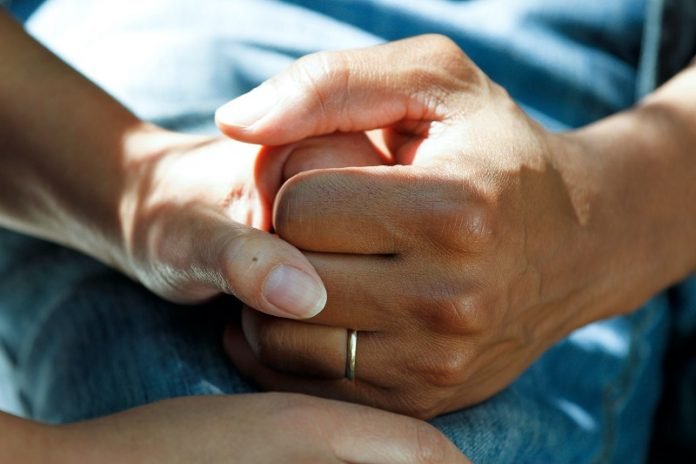
According to the National Cancer Institute, there are 5 big risk factors for cancer.
Diet
The foods that you eat on a regular basis make up your diet. Diet is being studied as a risk factor for cancer. It is hard to study the effects of diet on cancer because a person’s diet includes foods that may protect against cancer and foods that may increase the risk of cancer.
It is also hard for people who take part in the studies to keep track of what they eat over a long period of time. This may explain why studies have different results about how diet affects the risk of cancer.
Some studies have shown that a diet high in fat, proteins, calories, and red meat increases the risk of colorectal cancer, but other studies have not shown this.
It is not known if a diet low in fat and high in fiber, fruits, and vegetables lowers the risk of colorectal cancer.
Alcohol
Studies have shown that drinking alcohol is linked to an increased risk of the following types of cancers: Oral cancer. Esophageal cancer. Breast cancer. Colorectal cancer (in men).
Drinking alcohol may also increase the risk of liver cancer and female colorectal cancer.
Physical Activity
Studies show that people who are physically active have a lower risk of certain cancers than those who are not. It is not known if physical activity itself is the reason for this.
Some studies show that physical activity protects against postmenopausal breast cancer and endometrial cancer.
Obesity
Studies show that obesity is linked to a higher risk of the following types of cancer: Postmenopausal breast cancer. Colorectal cancer. Endometrial (uterus) cancer. Esophageal cancer. Kidney cancer. Pancreatic cancer.
Some studies show that obesity is also a risk factor for cancer of the gallbladder and liver cancer.
It is not known if losing weight lowers the risk of cancers that have been linked to obesity.
Diabetes
Some studies show that having diabetes may slightly increase the risk of having the following types of cancer: Bladder cancer. Breast cancer in women. Colorectal cancer. Endometrial cancer. Liver cancer. Lung cancer. Oral cancer. Oropharyngeal cancer. Ovarian cancer. Pancreatic cancer.
Diabetes and cancer share some of the same risk factors. These risk factors include the following: Being older. Having obesity. Smoking. Not eating a healthy diet. Not exercising.
Because diabetes and cancer share these risk factors, it is hard to know whether the risk of cancer is increased more by diabetes or by these risk factors.
Studies are being done to see how medicine that is used to treat diabetes affects cancer risk.
Environmental Risk Factors
Being exposed to chemicals and other substances in the environment has been linked to some cancers:
Links between air pollution and cancer risk have been found. These include links between lung cancer and secondhand tobacco smoke, outdoor air pollution, and asbestos.
Drinking water that contains a large amount of arsenic has been linked to skin, bladder, and lung cancers.
Studies have been done to see if pesticides and other pollutants increase the risk of cancer. The results of those studies have been unclear because other factors can change the results of the studies.
If you care about cancer risk, please read studies about drug for inflammation that could help stop cancer metastasis, and findings of common drug for diabetes, alcoholism that may help treat cancer.
For more information about cancer prevention, please see recent studies about new vaccine that may protect against pancreatic cancer, and results showing this low-dose, four-drug combo may block cancer spread.



